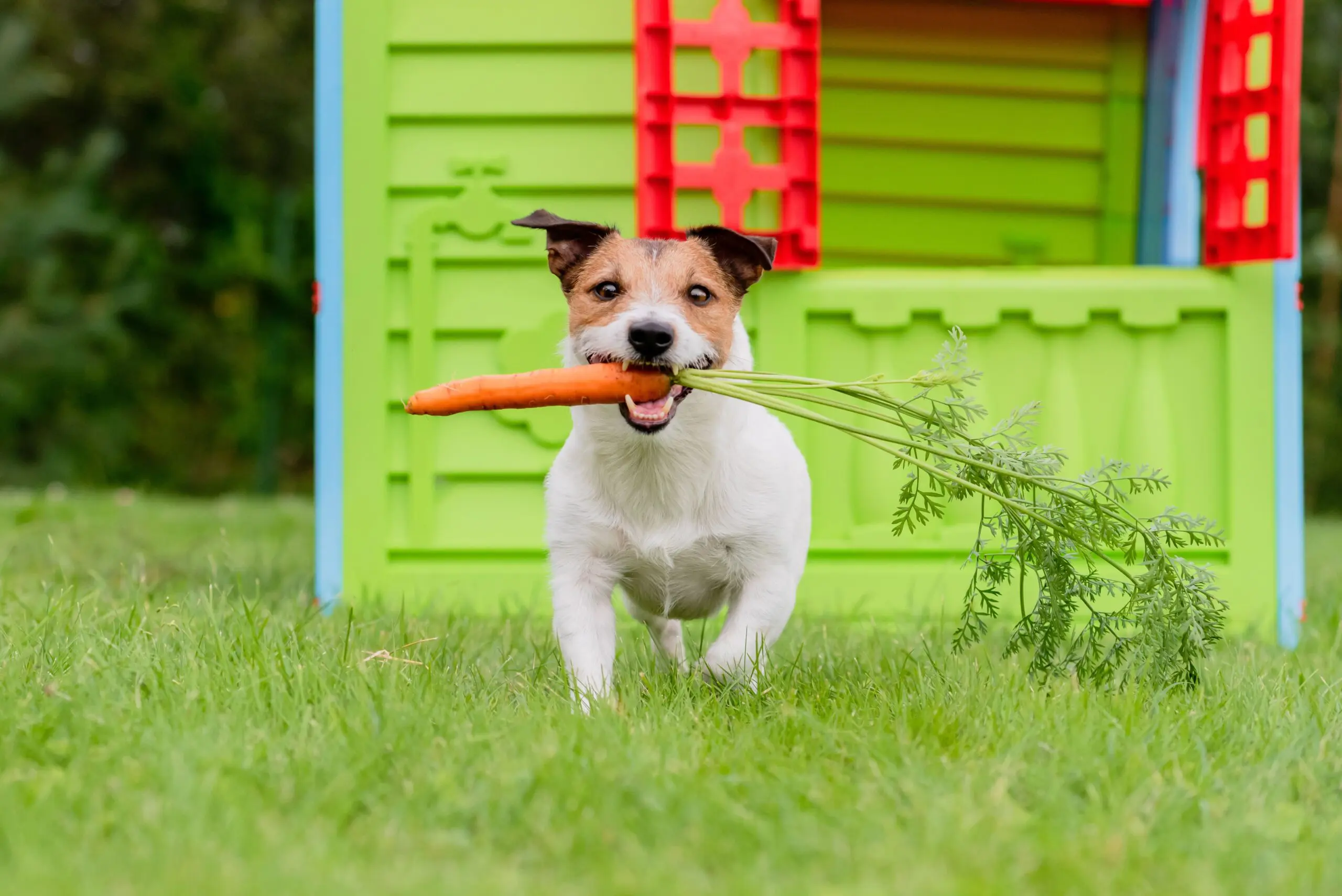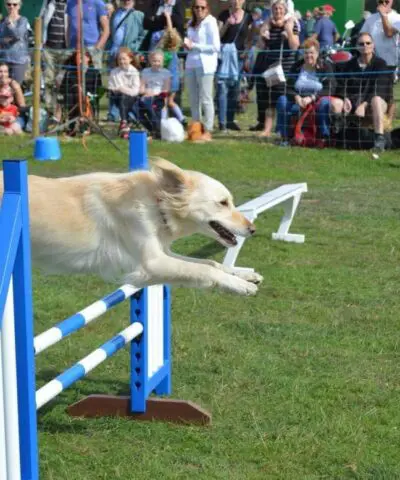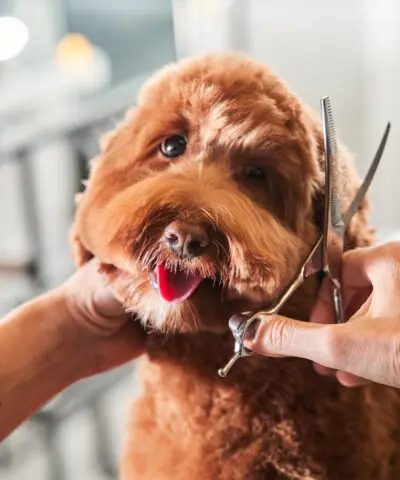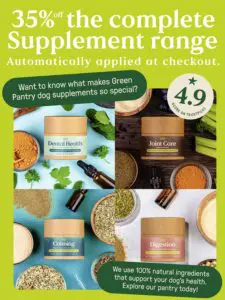Spring and Summer are key periods of the year when people choose to get their new dogs, often (but not always) as puppies.
There is an overwhelming amount of often contradictory advice out there around puppy food and it can provoke a lot of anxiety amongst new owners.
Laura, a pet nutritionist, gives her expert view on some of the most common questions we hear from our customers.
Do puppies need a specific puppy product, why is that and when should they come off this?
Yes, puppies should be fed food suitable for puppies. This will be marked as ‘A complete pet food for puppies and growing dogs’ or could be called ‘All Life Stages’.
As puppies have the highest nutritional requirements of the life-stages, an All Life Stage food is equivalent to a puppy food.
Puppy food is needed to supply all of the nutritional requirements of a growing dog. An adult dog food does not contain the appropriate levels of nutrients for a puppy to support all of their growth and development.
The age that dogs should be switched to adult dog food varies by the size of your dog, as small dogs grow more quickly than large breed dogs.
A small dog will reach their adult size at around 10 months, with large and giant breed dogs taking up to two years to reach their mature size. Generally the advice is that puppy food is fed until one year of age, but if you have large or giant breed dogs this should be continued to between 18 months and two years.
Do I have to keep my puppy on the breeder’s food and how should I wean them off this?
No, you do not have to keep your puppy on the food which the breeder provided.
To wean them off this and onto the food which you would like to feed them, make the switch gradually. The level of the old food should be gradually decreased, and the new food increased over two weeks until their daily food quantity is entirely the new food.
Changing gradually gives the gut environment (or gut microbiome) a chance to adapt to the new food and reduces the chances of upset digestion.

Can puppies choke?
Yes, puppies can choke. It’s important to feed your puppy food which has pieces of an appropriate size to avoid this.
Your puppy might also find their kibble pieces too hard. If this is the case, you can add a small amount of warm water to soften them.
How can I spot if my puppy has an allergy or an intolerance?
Signs of an allergy or intolerance usually include itching and scratching, and upset digestion – such as sickness or diarrhoea. It may be possible to remove the ingredient from their diet for a few months and see how their behaviours change.
If the signs of sensitivity are gone then avoiding this ingredient or environment can be prudent to reduce discomfort. You may be required to feed your puppy a hydrolysed or veterinary hypoallergenic diet to identify whether the sensitivity is dietary and help to pinpoint the ingredients which the puppy is sensitive to.

Puppies grow so quickly. How often and how much shall I feed them and how many treats should I give?
Puppies do grow so quickly, especially within the first three months. For this reason they actually need more food during these first three months to fuel their growth than when they are older and bigger.
It seems strange to feed a tiny puppy more than an older junior dog, but the extent of the growth happening initially means that there are huge demands on their nutrition.
How much food you should feed your puppy depends on what is being fed, and the individual puppy. Feeding at least three times per day until they are six months old is recommended though, to help maintain their blood sugar. Their daily food should be split into multiple smaller meals.
Dry dog food is also more energy dense than wet food and therefore the same portion may look a lot smaller when weighed. Don’t second guess yourself or be tempted to overfeed!
Dog treats should only make up 10% of their daily energy requirement to avoid unbalancing their total nutrition. Feeding a combination of lower energy treats and things like tiny pieces of fruits and vegetables can help to stay within this daily treat allowance.






